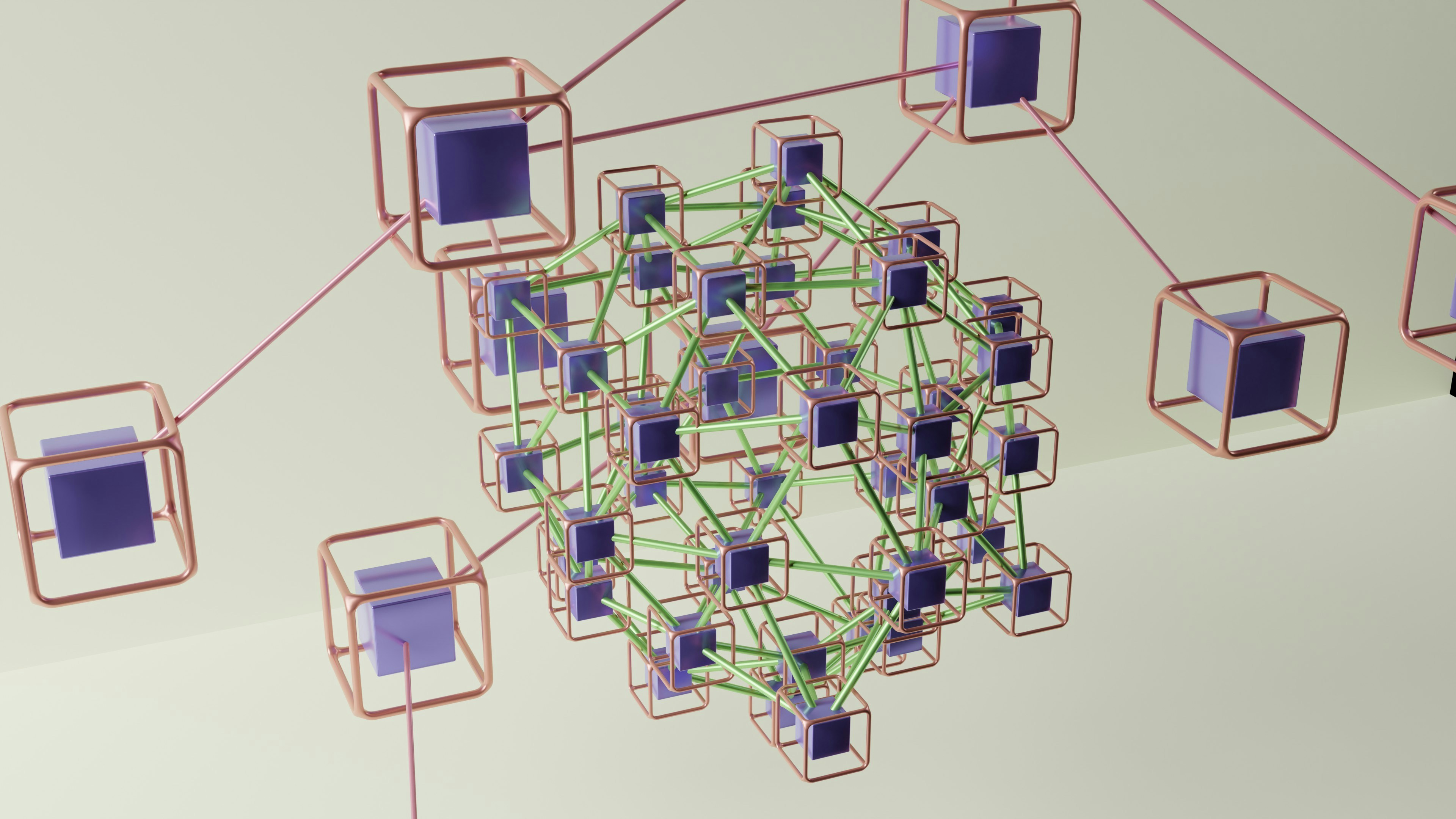Related Jobs
View all jobsTechnical Author
Unmanned Surface Vehicle Operation Engineer (USV)
Unmanned Surface Vehicle Operation Engineer (USV)
Project Architect
Major Projects Director
Get the latest insights and jobs direct. Sign up for our newsletter.
Industry Insights
Discover insightful articles, industry insights, expert tips, and curated resources.

Rural-Remote UAV Jobs: Charting New Flight Paths Beyond the City
A New Horizon for Drone Enthusiasts Unmanned Aerial Vehicles (UAVs) have soared from niche military tools and hobbyist gadgets to an essential technology across a broad range of sectors—from agriculture and mapping to construction and public safety. Historically, those seeking a career in UAV technology might have assumed they needed to live in a bustling city hub or near major airports to stand a chance of landing a good role. But times are changing. Advances in remote communication, cloud-based data processing, and drone autonomy now enable professionals to work on sophisticated UAV projects from almost anywhere in the UK, including rural and coastal regions. At UAVJobs.co.uk, we’re witnessing a significant shift. More employers are open to hiring remote UAV pilots, data analysts, software developers, and project managers—provided they can access reliable internet and handle occasional on-site visits. Likewise, an increasing number of professionals are seeking “tech jobs by the sea” or “UAV remote countryside” roles, motivated by rising urban living costs, quality-of-life aspirations, and the growing acceptance of distributed teams. In this article, we’ll explore why “rural-remote UAV jobs” are no longer a pipe dream, the benefits and challenges of stepping beyond the city, and how to position yourself for success if you’re ready to settle among rolling hills or scenic coastlines. Whether you’re a seasoned drone pilot, a software engineer working on flight autonomy, or a GIS analyst processing aerial data, you might be pleasantly surprised by the opportunities waiting for you outside metropolitan areas.

Quantum-Enhanced AI in UAVs—A New Frontier in Aerial Autonomy
Unmanned Aerial Vehicles (UAVs)—often called drones—have transformed industries from agriculture and logistics to emergency response and filmmaking. Yet as UAV technology scales in sophistication and widespread adoption, existing computational models struggle with the immense complexity of tasks like real-time path planning, obstacle avoidance, sensor fusion, and multi-agent coordination. Conventional hardware and AI algorithms can handle many missions adequately, but the next level—think fully autonomous UAV fleets, high-speed real-time analytics, and intricate swarm operations—demands a paradigm shift in computational capability. That’s where quantum computing enters the picture. Capitalising on quantum mechanical phenomena (superposition and entanglement), quantum computers can tackle specific challenges (like large-scale optimisation and rapid sampling) much faster than classical machines. When fused with Artificial Intelligence (AI) in a quantum-enhanced synergy, it opens fresh possibilities for UAV autonomy—ranging from improved flight safety and swarm coordination to advanced image processing and sensor analytics. In this article, we will: Examine current demands in the UAV sector, highlighting core limitations of classical methods. Explain the basics of quantum computing—what qubits are and how they might bolster AI workflows. Explore how quantum-enhanced AI can elevate UAV applications, spanning everything from route optimisation to swarm coordination. Discuss the hurdles we must overcome (such as noisy quantum hardware or data encoding) and ways to address them. Look at the emerging roles, skill sets, and career pathways to ride this wave of innovation—especially in the UK UAV market. If you are an aviation engineer, data scientist, robotics specialist, or simply intrigued by drones and next-gen computing, read on. Quantum-enhanced AI may well define the next evolution of UAV technology, bridging the gap between current capabilities and truly autonomous flight across the skies.

UAV Jobs at Newly Funded UK Start-ups: Q3 2025 Investment Tracker
Unmanned Aerial Vehicles (UAVs)—often called drones—are transforming industries worldwide, from agriculture and mapping to security and logistics. Thanks to improved sensor technology, AI-driven autonomy, and expanding commercial applications, UAV innovation is on a rapid rise. In the UK, a potent blend of tech-savvy entrepreneurs, strong venture funding, and supportive regulations has spawned a vibrant UAV ecosystem. This Q3 2025 Investment Tracker shines a light on the newly funded UAV start-ups across the UK—revealing how much they’ve raised, what they’re developing, and the job roles they’re keen to fill. We’ll also show you how to connect with these companies through UAVJobs.co.uk, a dedicated platform bringing UAV professionals and high-growth drone ventures together. Whether you’re an aeronautical engineer, a robotics software developer, or someone in operations and compliance, read on to discover your next big opportunity.